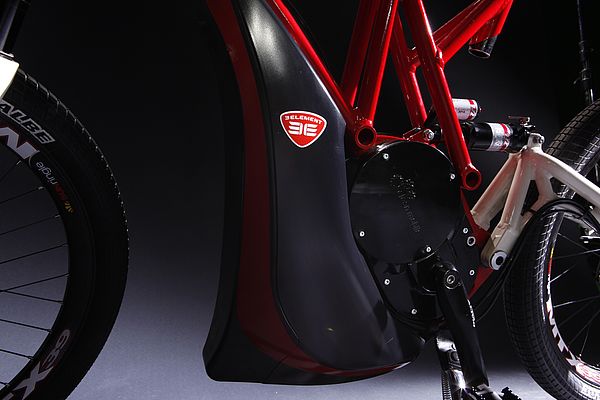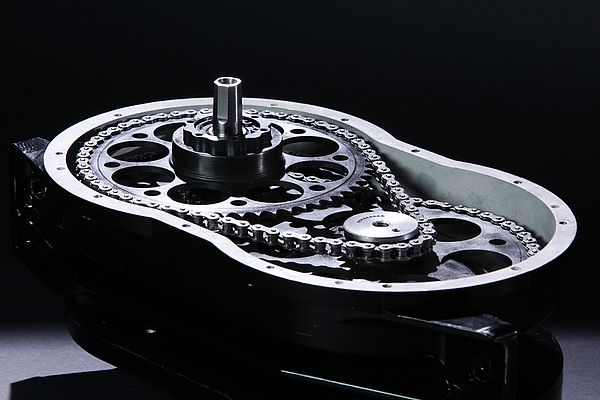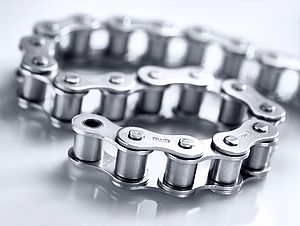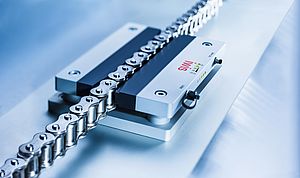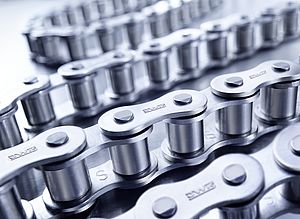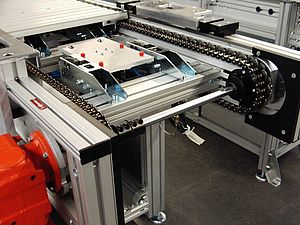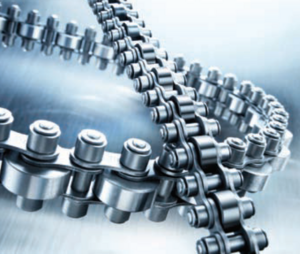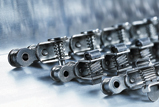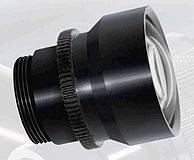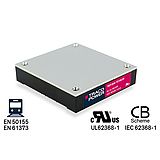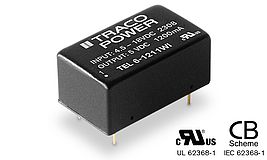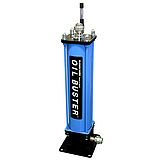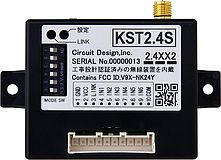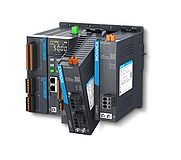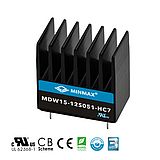An innovative drive system for electric bicycles with a built-in chain drive has been developed in co-operation with Clean Mobile, a German manufacturer of electric drive systems for two-wheeled vehicles.
The hybrid drive concept utilises a combination of powerful electric drive and muscle power and with its fine-tuned mechanical and electronic components, the 1200 watt bottom bracket motor delivers a torque of up to 150Nm at the chain. With an overall efficiency of up to 80 percent, this innovative drive concept provides effortless acceleration and riding without emissions or noise as well as yielding an excellent range both in town and off-road.
Several of iwis’ customers had already requested replacing timing belts with precision chains, however three years ago precision chains were rarely seen on electric bicycles. Clean Mobile was, at that time, a small startup enterprise, commissioned to develop a new drive system. The design specifications for the new drive included an exceptionally small but powerful electric motor running at high speed. The motor was to be mounted near the pedals and its power transmitted to the rear wheel to maintain optimum efficiency but was required to run at high speed, even at slow riding speeds. The target application was a cargo three-wheeled cycle with a total weight of 400kg. In addition the drive was required to comply with Pedelec (Pedal Electric Cycle) legislation, which specifies the requirements for electric power assisted bicycles.
It quickly became clear that this goal could not be achieved with conventional reduction gearing and with many years of experience in motorcycle engineering, iwis technicians and Clean Mobile decided to split the gearing into a primary and a secondary transmission. They also decided that the primary (reduction) gearing should take care of the speed reduction to pedal crank and allow standard components to be used for secondary power transmission.
Clean Mobile finally implemented the solution in a direct dual drive (DDD) system where the pedal crank and adjacent motor shaft were connected with three chain arrangements, together yielding a reduction ratio of 1:38. The effect of the teeth of each sprocket on each chain, and the resulting overall transmission ratio were calculated in several stages, resulting in suitable chains with the required fatigue strength etc being selected from iwis’ range. The combination of the three chain arrangement reduces the motor speed from 3600rpm. down to pedalling speed. A freewheel hub ensures that the pedal force exerted by the rider is transmitted only to the wheel and not to the engine should the battery ever fail. A second idle arrangement disengages the pedals from the rear wheel, as on a conventional bicycle.
To the surprise of all project partners, external and internal tests reported an exceptional efficiency of approximately 80 percent across a broad operating range. A major contribution to the drive’s overall efficiency is made by the chains, through which the tensile forces are transmitted only in the direction of travel. A spur wheel with helical gearing, used for noise reduction, would induce additional, lateral forces and thereby reduce overall efficiency.
Originally used on cargo cycles in the postal services in a number of European countries, the drive unit’s exceptional efficiency is such that an electric bicycle equipped with the DDD system won the first official E-bike world championships, held in October 2010 at Intermot in Cologne, Germany – the world’s largest bicycle and motorcycle show. The eSpire-branded hybrid bicycle of Munich cycleworks Third Element won the competition with a massive six lap lead!
Following their successful cooperation, iwis and Clean Mobile formed a strategic alliance in 2011, covering mainly industrial parts production and assembly for both the entire DDD system and a harmonic chain drive (HCD); “This is an ideal basis for future projects. We are developing both more powerful units and detuned versions that use plastic parts. Customer inquiries from the two, three and four wheel industries are showing a keen interest in the new drives“, reports an enthusiastic Michael Frank, project manager in iwis’ New Business Development department.


